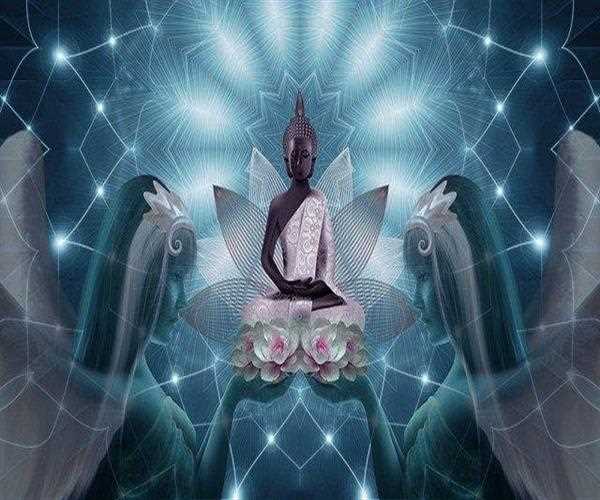
27-Aug-2022
Vedanta and Modern Pschology
Modern psychology has a gap in dealing with Vedanta teachings at a fundamental
level.
We live in the age of psychoanalysis. Since Freud a century ago, we have been taught the importance of examining our
psychologies, emotions, and memories to understand ourselves and
find happiness in our lives. Today, various authorities in modern psychology evaluate not
only individuals but also cultures and even religions
based on their psychological understanding of the human mind. But despite the rise of psychotherapy, in the
wealthy Western world, more and more people are taking
medication and finding that depression is prevalent. We are missing something
when it comes to understanding ourselves.
Can Ancient Vedic Teachings Give Us Deeper Understanding?
Modern psychology points to self-esteem based on external social interactions with the
body. He seeks material happiness in the material world.
His view of the mind is limited by the brain and
the biological impulses that initiate sex. When he asks us to
develop, we do not seek our inner consciousness, but our outer power and
authority. His concept of self reflects only external
factors, not consciousness that persists after death.
Let us remember here the profound teachings of the Bhagavad Gita and
the Upanishads. Our true self, called Atman or Purusha,
is made up of the Light of Infinite Consciousness. He knows neither birth, nor death, nor pleasure, nor pain, nor past, nor future. There is no
attribute defined with five elements. I can't light the fire. Water cannot
get wet. It does not disappear with the body. It does not change with
changes in consciousness. It is eternal, unchanging, and
transcends sadness. Living there means peace, happiness, and
contentment. However, I have found that modern psychology teaches us how to connect
with such a higher self without recognizing it. Our inner
man cannot be reduced to a name, title, position, or circumstance. No one can
possess, define, limit, or control the deep truth within us. We are not
just a physical organism or the complex chain of chemical reactions in the brain, but
an inner consciousness that operates and transcends
its fluctuations. We transcend time and space and have the
possibility and formation of all beings that are infinite and eternal.
Importance of Vedanta
Vedantic philosophy encompasses the deep psychology of
self-actualization as well as the psychology of physical or social conformity. Vedanta teaches that you are the entire universe. You are not limited
by your body. You have many bodies in many incarnations in another world or
rock.
Your nature is cosmic.
Likewise, happiness
or fulfillment should not be sought outside
of your true self. Rather, your inner being is full of light and your role in the world should be to bring light,
goodness, and wisdom to all. Everything you see in the natural world represents
a part of your true self, an aspect of your cosmic
existence. Every being is another expression of your deep self that
surrounds your entire being.
Only a deeper understanding of the Self will bring us true happiness. Otherwise, we
become obsessed with our outer self-identities, how we
look, and what we do, rather than who we are. This means that the best practices for psychological
well-being are
mantras and meditations based on an inner search for our true nature in consciousness.
Without a constant connection to our inner selves, the mind can easily become dependent, obsessive, or dependent.
If you are looking for permanent peace of mind and emotional
well-being, start with the Vedanta course and learn
that man and the universe, God and we are
one within. Move away from ego isolation and mere outer social justice to
the ultimate identity of the universal self. Open your
mind not only to outer form but also to infinite space. Of course, this
great self-actualization cannot be achieved quickly and requires a
lifetime of sadhana, but if we pursue it wholeheartedly, we can
advance day by day not only in outward achievements and attainments but also in consciousness and
immortality.
The sages of India have preserved a legacy of self-awareness for all
mankind, but they must be shared, practiced, and
respected in our educational system. Until we know ourselves, all other knowledge is limited and cannot
overcome suffering. Let's not forget this simple, timeless wisdom of
self-awareness, which is easy to lose in all the information we are
inundated with every day.

Student
An inquisitive individual with a great interest in the subjectivity of human experiences, behavior, and the complexity of the human mind. Enthusiased to learn, volunteer, and participate. Always driven by the motive to make a difference in the sphere of mental health - and normalize seeking help through a sensitive and empathetic approach
Join Our Newsletter
Subscribe to our newsletter to receive emails about new views posts, releases and updates.
Copyright 2010 - 2026 MindStick Software Pvt. Ltd. All Rights Reserved Privacy Policy | Terms & Conditions | Cookie Policy